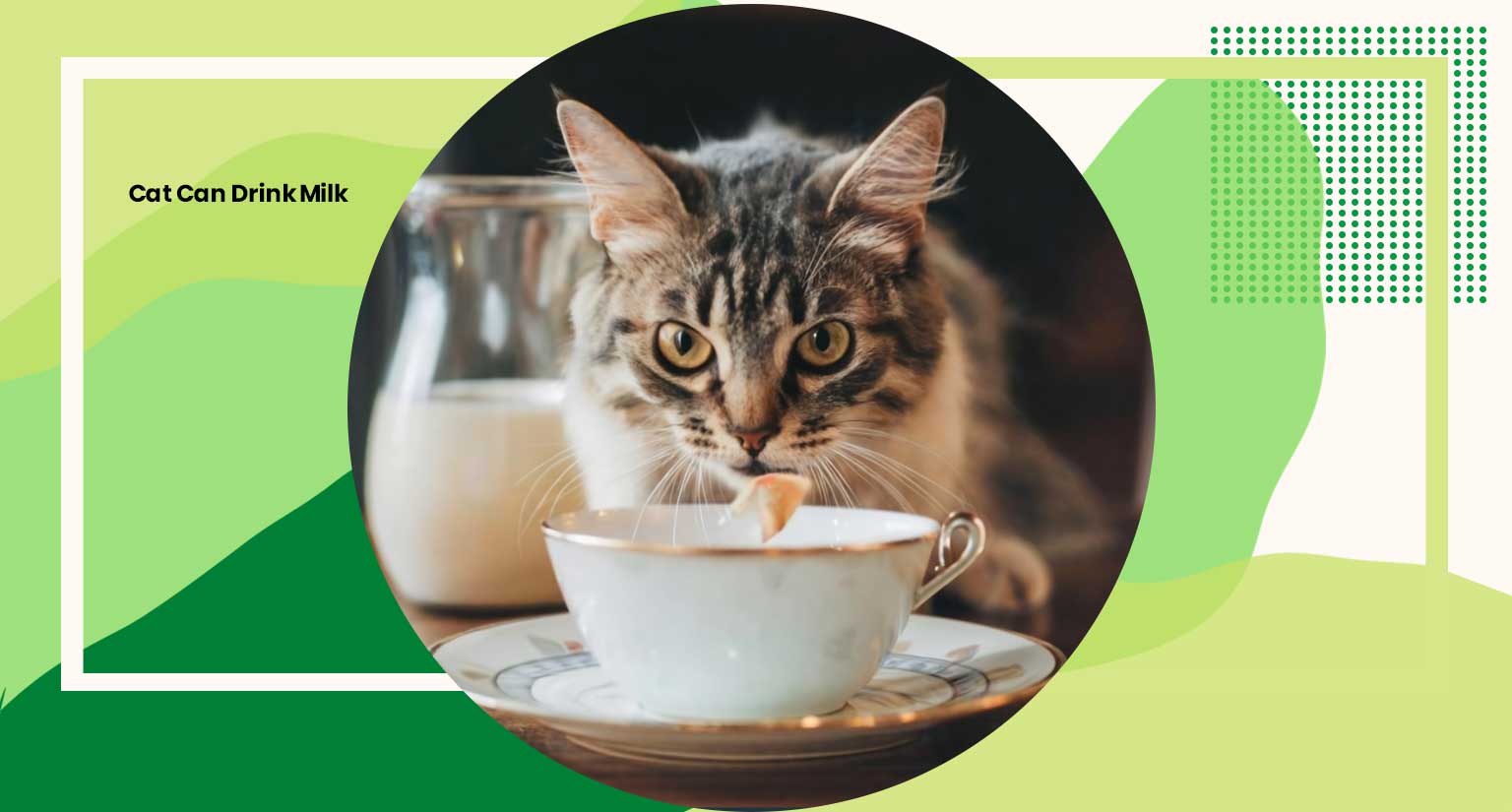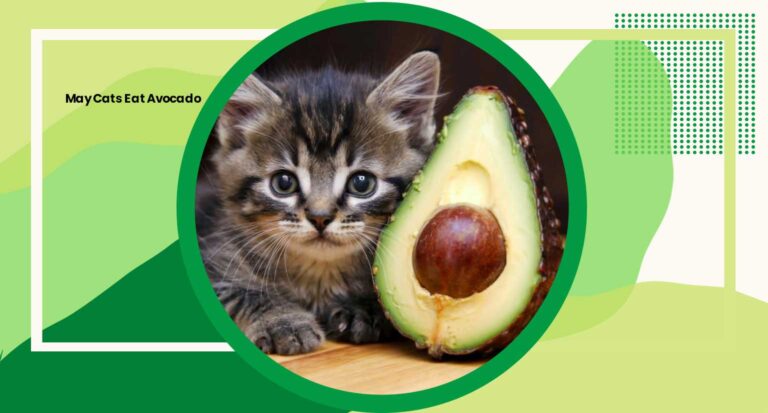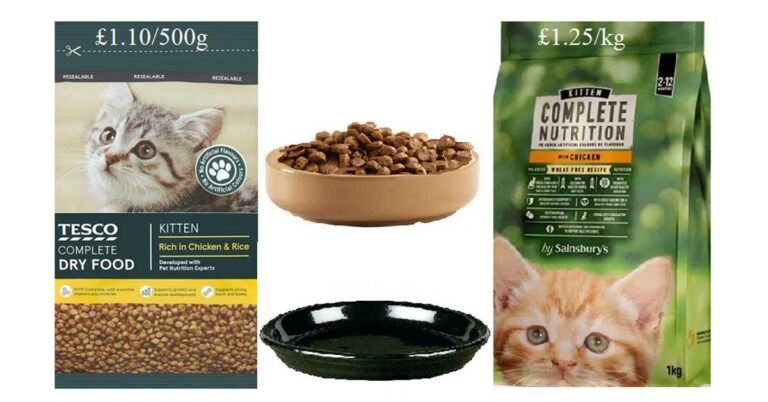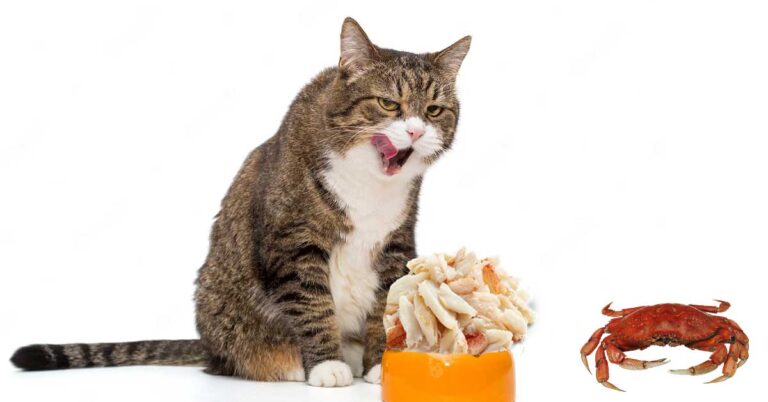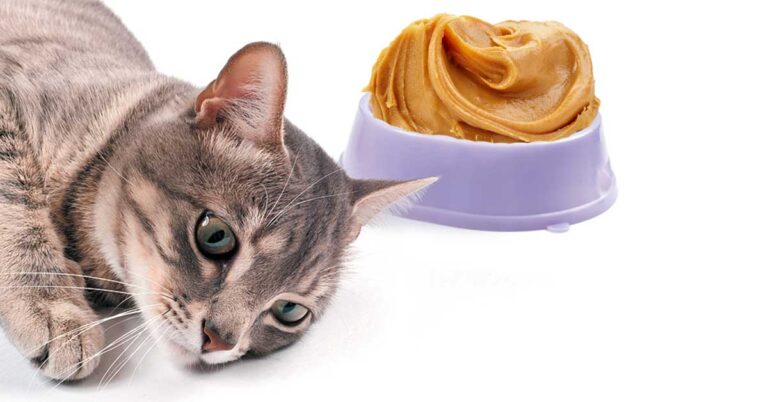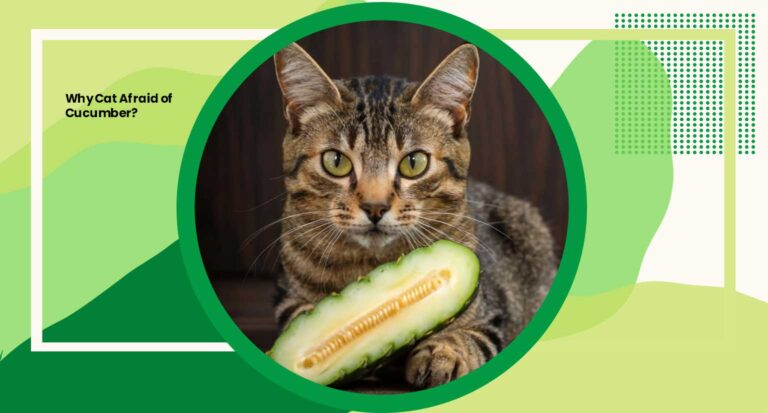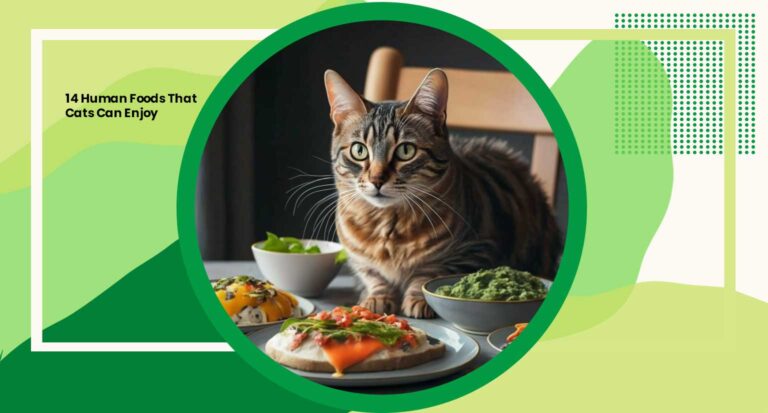Cat Can Drink Milk 2024 A Comprehensive Guide and Key Considerations
Cats and milk—a timeless association. Many envision this cozy scene of a feline lapping up a saucer of milk. However, the reality might surprise you.
Let’s delve into whether the saying cat can drink milk holds true and what it means for our furry companions.
Cats’ ability to drink milk is a common belief, but it’s important to note that not all cats can tolerate it.
While kittens rely on their mother’s milk for nourishment, many adult cats develop lactose intolerance, making traditional dairy milk unsuitable.
Specially formulated cat milk or lactose-free alternatives may be safer options, but consulting a veterinarian is essential before offering any milk to your cat.
What Types of Milk Are Safe for Cats?
Safe milk options for cats include specially formulated cat milk, lactose-free or reduced-lactose milk designed for feline consumption, and goat’s milk, which typically contains lower lactose levels compared to cow’s milk.
These options aim to minimize digestive issues associated with lactose intolerance in cats.
Choosing the right milk for your cat is crucial. Not all milk options are suitable for our feline friends.
Cat-Friendly Milk Options
When offering milk to your cat, consider lactose-free or reduced-lactose options explicitly formulated for feline consumption.
These specialized milks are available at pet stores or through veterinary recommendations. They mimic the taste of traditional milk while minimizing the risk of digestive upset caused by lactose.
Specialized Cat Milk Products
Several cat milk products undergo processing to diminish lactose content, ensuring better digestibility for cats.
These products are tailored to address feline dietary needs while replicating the taste and texture of regular milk.
Always prioritize your cat’s well-being and consult with a veterinarian before introducing any new food or drink to their diet, especially if they have specific health considerations or dietary sensitivities.
Cat Can Drink Milk. Consume Breast?
Breast milk, a natural source of sustenance for newborns, raises questions about its suitability for cats.
Let’s explore whether this maternal nourishment is safe or beneficial for our feline companions.
Newborns and Maternal Nourishment
During their initial stages of life, kittens rely entirely on their mother’s breast milk for essential nutrients, antibodies, and hydration.
The milk provides crucial support for their growth, development, and immune system.
Adult Cats and Breast Milk
As cats transition to adulthood, their ability to digest lactose decreases.
This lactose intolerance is common among many adult cats and can lead to digestive issues if they consume breast milk or regular dairy products.
The lactase enzyme, responsible for breaking down lactose, diminishes with age.
Risks and Considerations
Offering breast milk to adult cats can result in gastrointestinal distress, including diarrhea, vomiting, or stomach upset due to lactose intolerance.
To avoid potential health complications, it’s generally recommended to refrain from feeding adult cats with breast milk.
They can provide guidance on suitable dietary choices that align with your cat’s nutritional requirements without risking digestive discomfort or other health issues associated with lactose intolerance.
Why Do Cats Love Milk?
Curiosity surrounds the timeless connection between cats and milk. Unraveling the reasons behind this affectionate bond sheds light on feline behavior and preferences.
Let’s delve into the intriguing question of why cats seem to have an inherent love for milk?
Firstly, from an evolutionary standpoint, kittens rely on their mother’s milk for vital nutrients, antibodies, and hydration during their initial stages of life.
This primal connection to maternal nourishment likely forms a strong, instinctual bond between cats and the taste of milk.
Sensory appeal plays a crucial role as well. The creamy texture and unique combination of fats, proteins, and sugars in milk create a taste profile that many cats find exceptionally pleasing.
This sensory experience might trigger positive responses in their taste buds, contributing to their fondness for milk.
Additionally, behavioral conditioning could shape a cat’s preference for milk.
Positive experiences with milk during their formative stages or through reinforcement in their adult life might contribute to the development of a preference for this beverage.
Evolutionary Instinct
Cats’ affinity for milk dates back to their evolutionary roots. In the wild, a mother cat’s milk is crucial for the survival and development of her kittens.
This instinctual bond formed over generations likely contributes to cats’ inherent fondness for milk’s taste and nutritional value.
Sensory Appeal
The composition of milk, with its blend of fats, proteins, and sugars, creates a unique taste and texture that many cats find appealing.
The creamy consistency coupled with a subtle sweetness might trigger positive sensory responses in cats, encouraging their preference for this beverage.
Comfort and Emotional Connection
For some cats, the act of drinking milk may evoke feelings of comfort and security. Kittens associate the act of nursing with safety and nourishment from their mother.
This emotional connection might persist into adulthood, making milk consumption a soothing and familiar routine for some cats.
Behavioral Conditioning
Cats are creatures of habit. If a cat has had positive experiences with milk, either during their kittenhood or through positive reinforcement in their adult life, they may develop a preference for this beverage.
The ritualistic act of drinking milk can become a comforting routine.
Many cats adore milk, it’s essential to recognize that some may be lactose intolerant as they age, leading to digestive issues.
Moderation and cautious introduction of milk into a cat’s diet, along with consideration of lactose-free options, can help prevent potential discomfort.
Choosing the Best Milk Products
As a cat owner, finding the ideal milk product for my furry companion is paramount to their well-being.
Delving into the available options allows me to offer a safe and enjoyable milk alternative that caters to my cat’s specific dietary needs and preferences.
Specialized Cat Milk
Opting for specially formulated cat milk products is a wise choice. These products are designed to replicate the taste of traditional milk while minimizing lactose content.
They’re available at pet stores or recommended by veterinarians, ensuring a safer and more digestible option for my cat.
Lactose-Free or Reduced-Lactose Milk
Exploring lactose-free or reduced-lactose milk options specifically crafted for cats can be beneficial.
These variations mimic the flavor of regular milk but are easier on a cat’s digestive system, minimizing the risk of lactose-related issues.
Goat’s Milk
Goat’s milk as an alternative can be a viable option. It contains lower lactose levels compared to cow’s milk, potentially making it more digestible for some cats.
However, it’s essential to monitor for any adverse reactions.
Prioritizing my cat’s health and comfort, I’ll introduce these milk products gradually and observe any signs of intolerance or discomfort.
Finding Suitable Alternatives for Cat Milk
A suitable substitute for cat milk can include specially formulated lactose-free cat milk available at pet stores or recommended by veterinarians.
Additionally, alternative options like lactose-free cow’s milk or goat’s milk, known for their lower lactose content, can serve as potential replacements.
Specially Formulated Lactose-Free Cat Milk
Specially designed cat milk available in pet stores or through veterinary recommendations serves as an excellent substitute for traditional milk.
These products mimic the taste of regular milk while containing reduced or no lactose, ensuring safer consumption for cats with lactose intolerance.
Plant-Based Milk Alternatives
Plant-based milk alternatives, such as almond milk or soy milk, might be tolerated by some cats.
However, it’s essential to exercise caution and consult a veterinarian before offering these substitutes, as they might not provide adequate nutrition for cats and could cause gastrointestinal issues.
Conclusion
Not all cats can safely enjoy milk. While specially formulated cat milk or lactose-free options may suit some, many adult cats develop lactose intolerance, causing digestive issues.
Careful consideration and veterinary guidance are crucial before offering any milk to ensure your cat’s well-being.

